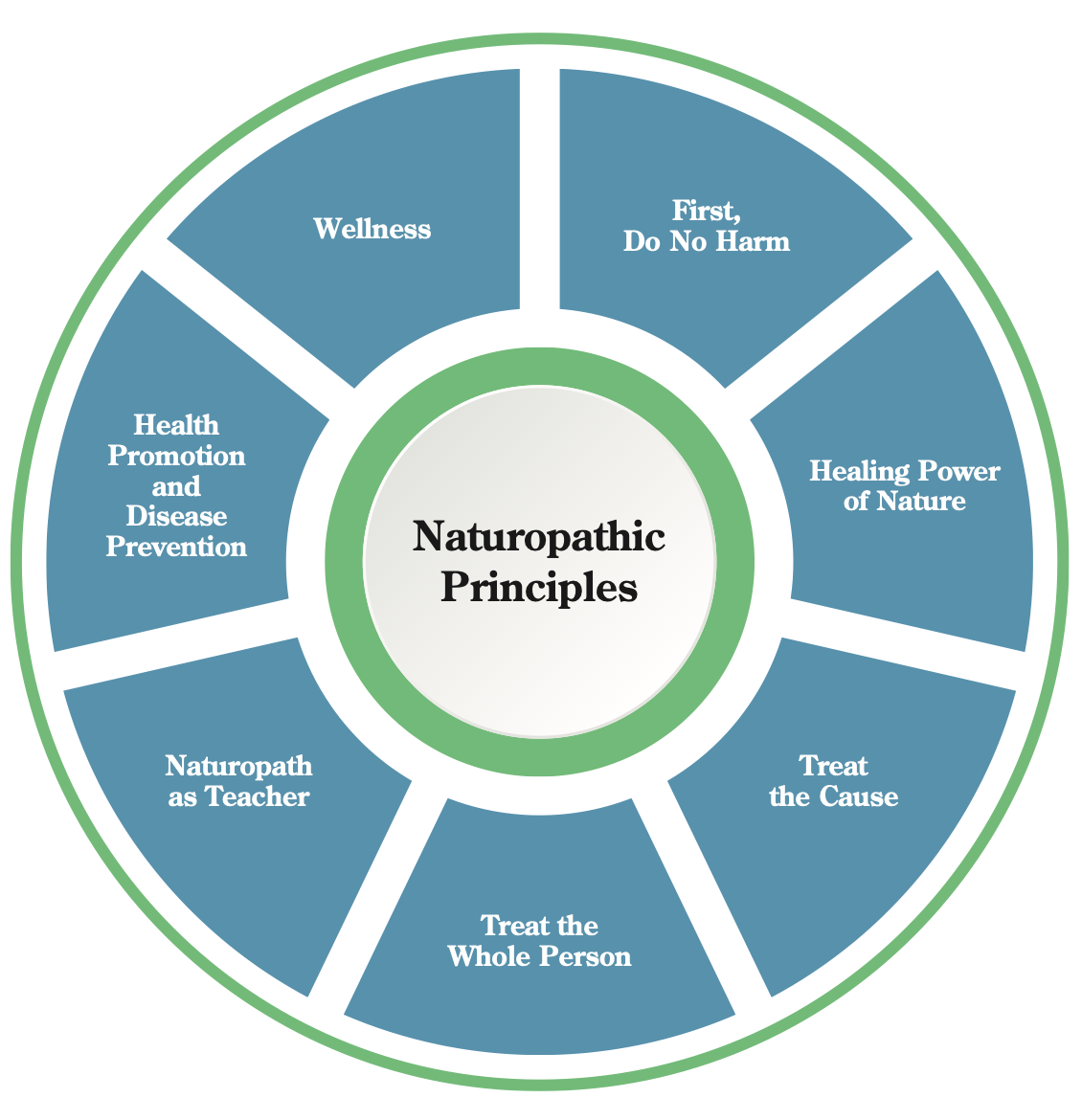 In a world dominated by technological advancements and pharmaceutical interventions, there is a growing movement towards reconnecting with nature and embracing holistic approaches to healthcare. Naturopathic medicine, rooted in the belief that the body has an innate ability to heal itself, is gaining popularity as people seek alternatives to conventional treatments. In this blog post, we will explore the principles and practices of naturopathic medicine, delving into its holistic approach, key therapies, and the growing acceptance of this ancient healing art. For more on this also visit this naturopath Kelowna British Columbia.
In a world dominated by technological advancements and pharmaceutical interventions, there is a growing movement towards reconnecting with nature and embracing holistic approaches to healthcare. Naturopathic medicine, rooted in the belief that the body has an innate ability to heal itself, is gaining popularity as people seek alternatives to conventional treatments. In this blog post, we will explore the principles and practices of naturopathic medicine, delving into its holistic approach, key therapies, and the growing acceptance of this ancient healing art. For more on this also visit this naturopath Kelowna British Columbia.
Principles of Naturopathic Medicine
Naturopathic medicine is guided by a set of principles that focus on treating the whole person – mind, body, and spirit. These principles are:
- The Healing Power of Nature: Naturopathy acknowledges the body’s inherent ability to heal itself. By removing obstacles to recovery and supporting the body’s natural healing processes, naturopathic practitioners aim to restore balance and promote optimal health.
- Identify and Treat the Root Cause: Naturopaths go beyond addressing symptoms; they strive to uncover the underlying causes of illness. By treating the root cause, practitioners aim to prevent the recurrence of health issues and promote long-term well-being.
- First, Do No Harm: Naturopathic therapies are designed to be gentle and non-invasive. The emphasis is on minimizing the risk of side effects and avoiding harm to the patient.
- Treat the Whole Person: Naturopaths consider the interconnectedness of physical, mental, and emotional aspects of an individual. Treatment plans are personalized to address the unique needs and circumstances of each patient.
- Educate and Empower: Naturopathic practitioners play a crucial role in educating and empowering patients to take an active role in their health. Lifestyle modifications, nutritional guidance, and self-care practices are often integral components of naturopathic treatment plans.
Key Therapies in Naturopathic Medicine
Naturopathic medicine encompasses a wide range of therapies, each tailored to address specific aspects of an individual’s health. Some key therapies include:
- Nutritional Counselling: Naturopaths emphasize the importance of proper nutrition in maintaining health and preventing illness. They provide personalized dietary recommendations to support overall well-being.
- Herbal Medicine: Herbal remedies, derived from plants, have been used for centuries to address various health concerns. Naturopathic practitioners may prescribe herbal supplements to complement other treatment modalities.
- Hydrotherapy: This therapy utilizes water in various forms, such as hot and cold compresses, baths, and wraps, to stimulate healing processes, improve circulation, and support detoxification.
- Homeopathy: Homeopathic remedies involve highly diluted substances that stimulate the body’s vital force to promote healing. This therapy is based on the principle of “like cures like.”
- Physical Medicine: Naturopaths may incorporate physical therapies like massage, manipulation, and exercise to enhance the musculoskeletal system’s function and promote overall health.
Acceptance and Integration
While naturopathic medicine has been met with skepticism in some quarters, there is a growing recognition of its value in complementary healthcare. Many individuals are seeking integrative approaches that combine the strengths of conventional and naturopathic medicine to provide a comprehensive and personalized approach to health and healing.
In recent years, naturopathic practitioners have gained licensure in several countries, and naturopathic medical schools are becoming more established. This acknowledgment is a positive step towards fostering collaboration between conventional and naturopathic healthcare providers for the benefit of the patient.
Naturopathic medicine offers a holistic and patient-centered approach to healthcare, acknowledging the body’s ability to heal itself when supported by natural remedies and lifestyle adjustments. As people continue to seek alternatives to conventional medicine, naturopathy is gaining traction as a valuable and complementary healing modality. By embracing the wisdom of nature and promoting holistic well-being, naturopathic medicine is playing a significant role in shaping the future of healthcare.

